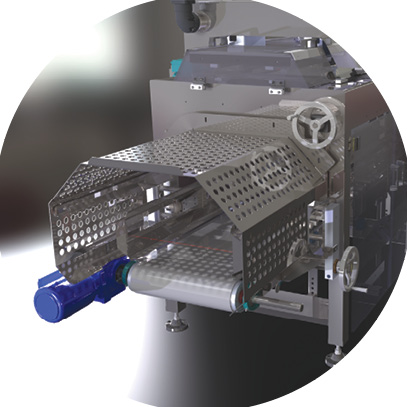Renderings that Fool the Eyes and Minds

Image courtesy of Occult Art, occultart.com.
Latest News
August 1, 2018
If CAD and simulation are the tools to digitally conceive and test your design ideas, rendering and visualization are the tools to win the hearts and minds of consumers, clients and decision makers. In the last five or six years, ray tracing and physically accurate rendering technologies have significantly improved, making the graphics output virtually indistinguishable from real-world photography. In some cases, rendering allows you to visualize products long before any physical mockup is available for studio photography. The latest CPU and GPU horsepower now allows individual 3D artists to use a standard workstation to create photorealistic images that previously demanded the use of servers and clusters to render.
Many automakers and consumer goods designers now rely on immersive visuals and renderings to communicate design ideas to consumers. Manufacturers have begun to make critical decisions on the material choices or surface styles based on renderings. It’s a testament to the way high-quality renderings can rival and mimic the integrity of professional photography. For this feature, we reached out to some 3D modelers and rendering artists to understand their workflow, tools of the trade and the clever tricks they use to present pixels as tangible physical objects.
Road to Perdition by Farooq Obaid
In 2013, Farooq Obaid founded AO-Interactive, specializing in architecture visualization, 3D animation and augmented reality, among others. A fan of the movie “Road to Perdition,” Obaid decided to recreate the rain-soaked atmospheric scene from the film in Autodesk 3ds Max. He used Substance Designer to create the 3D materials, and the Unreal 4 game engine to light and render the scene.
State-of-the-Art Packaging, by BluePrint Automation (BPA)
More Info
Subscribe to our FREE magazine, FREE email newsletters or both!
Latest News
About the Author
Kenneth Wong is Digital Engineering’s resident blogger and senior editor. Email him at [email protected] or share your thoughts on this article at digitaleng.news/facebook.
Follow DE














